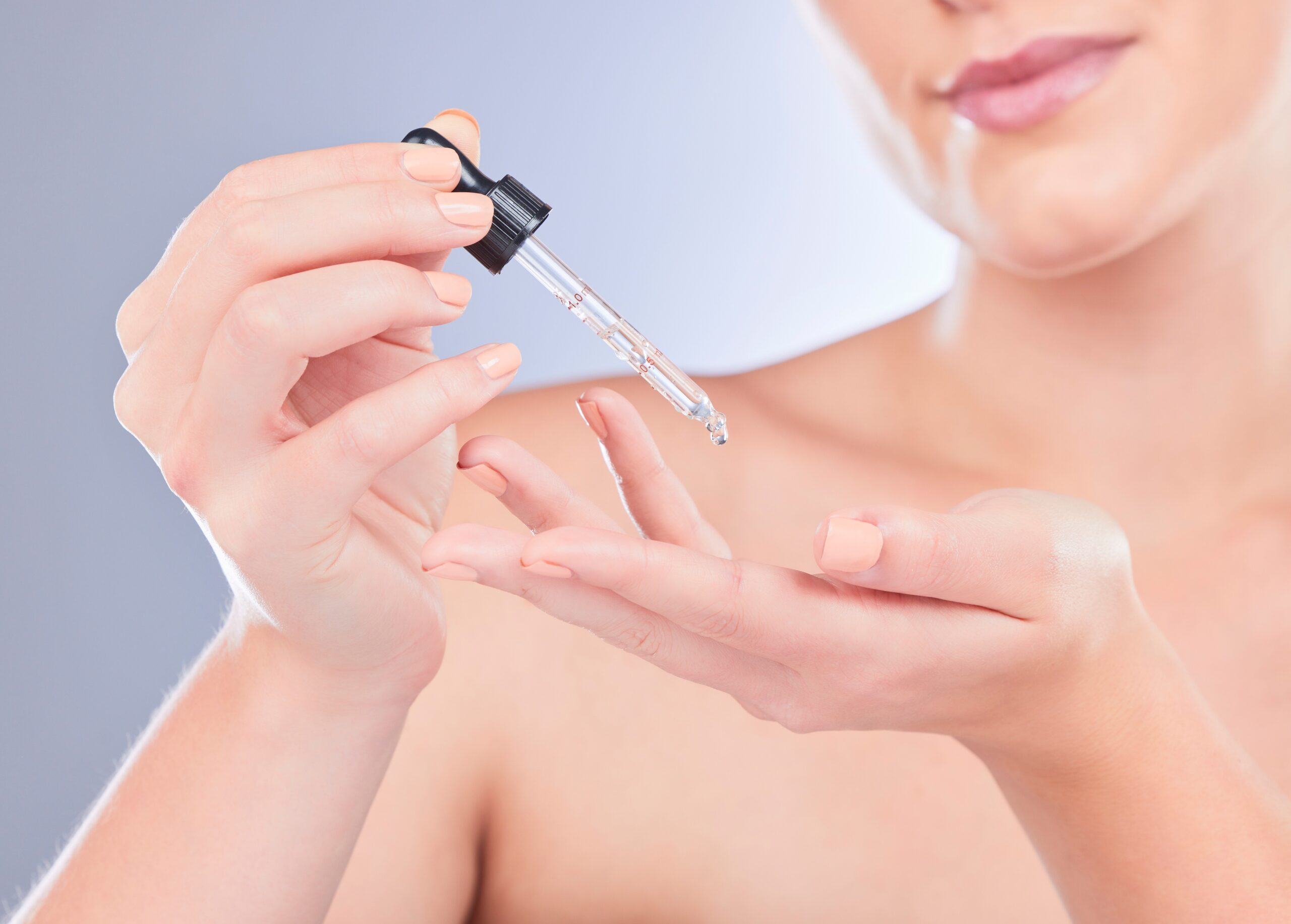Dermatologists have finally ended decades of confusion by agreeing on a handful of skincare ingredients that actually deliver results—and the implications of this shift could upend everything you think you know about your daily routine.
Story Snapshot
- Major study delivers consensus on the only skincare ingredients proven to work.
- Scientific evidence now trumps social media trends and marketing hype.
- Brands face pressure to reformulate and back up claims with real data.
- Consumers gain clarity but must navigate a changing marketplace.
Consensus Over Chaos: Decoding Decades of Skincare Confusion
Skincare advice once shifted like sand, with every year bringing new “miracle” ingredients and conflicting expert opinions. For decades, innovation outpaced regulation, and brands filled shelves with products that promised transformation but rarely delivered. Social media accelerated this churn, making viral trends the new authority and leaving consumers overwhelmed, skeptical, and searching for clarity. A major peer-reviewed study, conducted between 2023 and 2024, changed the game by pinpointing which ingredients truly work—finally giving dermatologists a united front after years of fragmented guidance.
The study’s timing couldn’t be more critical. The eye cream segment alone ballooned, fueled by aging populations and rising incomes, with market estimates reaching up to $5 billion in 2024. Yet despite this growth, the lack of transparency and clinical backing left many buyers feeling duped. The consensus marks a turning point: dermatologists, armed with robust evidence, can now separate fact from fad and guide consumers through a landscape previously dominated by marketing and influencer hype.
Evidence Over Influence: What Ingredients Stand the Test
Retinoids, vitamin C, hyaluronic acid, and peptides emerged as the clear winners in the scientific showdown. These ingredients, backed by years of clinical trials, outperform the parade of trend-driven options—think snail mucin and jade rollers—that exploded on TikTok but failed to pass rigorous scrutiny. Dermatologists, once divided on which products to recommend, now stand behind these powerhouse ingredients, urging consumers to focus on proven efficacy rather than the latest viral sensation. Brands, keenly aware of shifting expectations, have begun reformulating their lines to highlight these validated components.
Peer-reviewed studies and market analyses confirm that these ingredients deliver measurable improvements in skin health and appearance. Vitamin C, for example, remains a top choice for brightening and protecting skin, while retinoids are the gold standard for anti-aging. Hyaluronic acid’s hydrating properties and peptides’ role in skin repair round out the consensus. The days of blind faith in catchy packaging and celebrity endorsements are fading as consumers demand real results and transparent labeling.
Market Shakeup: Brands, Regulators, and Consumer Power
Brands that built empires on unsubstantiated claims now face a reckoning. The new consensus has triggered regulatory scrutiny, with authorities like the FDA and EMA ramping up oversight on efficacy claims. Companies that fail to adapt risk losing market share as savvy shoppers scrutinize ingredient lists and demand proof. Economic forecasts predict consolidation around evidence-based products, with investments shifting toward clinical research and product development. Social media’s role is evolving: influencers who once shaped trends now face backlash unless their recommendations align with scientific consensus.
Consumers, especially those over 40, are driving this transformation. As awareness of ingredient efficacy grows, demand for transparency and accountability surges. Brands respond by updating marketing strategies and reformulating products to feature the validated ingredients, while dermatologists’ voices grow louder in shaping public opinion. The long-term implications are profound: not only will the market reward science over hype, but regulatory changes may soon make misleading advertising a relic of the past.
Expert Analysis: The Future of Skincare Is Evidence-Based
Dermatologists and academic researchers agree that the shift toward evidence-based skincare marks a new era for consumers and the industry. While retinoids, vitamin C, hyaluronic acid, and peptides stand tall, experts caution that individual skin needs still matter. Calls for more rigorous trials and transparent reporting persist, and some insiders argue that consumer experience should complement clinical data. Skepticism remains about whether regulators can keep up with industry innovation, but the consensus has undeniably moved the needle toward accountability and results.
Market reports from Verified Market Reports, DataIntelo, and Verified Market Research corroborate the rapid growth tied to validated ingredients. Minor discrepancies in market size reflect different methodologies, but all sources agree on one point: science-driven products are eclipsing fad-driven alternatives. As research deepens and oversight tightens, the power dynamics between brands, influencers, and experts will continue to shift—giving consumers the clearest path yet to healthy, effective skincare.
Sources:








